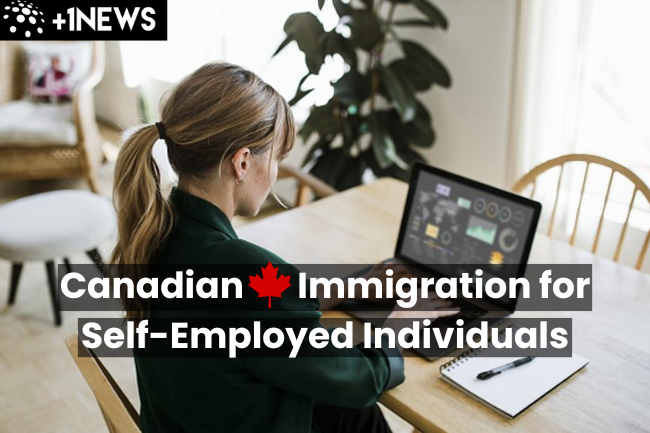If you’re a self-employed individual dreaming of moving to Canada, you’ll be glad to know that there are several immigration options available to you. In this article, we’ll walk you through the key pathways and tax implications for self-employed individuals seeking to become permanent residents in Canada.
Jump to:
Eligibility for Canadian Immigration Streams:
Before diving into the different immigration options, let’s understand the basic eligibility requirements:
- Most economic immigration streams ask for at least one year of work experience.
- To assess your work experience, Immigration, Refugees and Citizenship Canada (IRCC) uses the National Occupational Classification (NOC) system.
- If you were self-employed overseas, you can count that experience for skilled worker programs by providing evidence like articles of incorporation, income records, and third-party documentation.
The Federal Self-Employed Persons Program:
If you have experience in cultural activities or sports, the Federal Self-Employed Persons Program might be perfect for you! Here’s what you need to know:
- You should have at least two years of self-employed work experience or world-class level participation in cultural or athletic fields.
- Your eligibility will be evaluated based on a points grid, considering factors like language ability, education, age, experience, and adaptability.
Quebec’s Self-Employed Worker Immigration Program:
If you’re planning to settle in Quebec, the Self-Employed Worker Immigration Program is a great option. Here’s what you need to keep in mind:
- This program is for individuals who want to establish themselves as tradespersons or professionals in Quebec.
- Requirements include showing how you plan to work, organizing your work, providing the necessary tools and equipment, and taking responsibility for your work’s financial aspects.
- You’ll also be evaluated using the Quebec Economic Class selection grid.
Physician Self-Employment:
If you’re a physician, the Government of Canada and IRCC want to make it easier for you to move here and contribute to our healthcare sector:
- In the past, some physicians faced barriers because of the “fee for service” model. But that’s changing!
- Recent updates mean that physicians in the “fee for service” model can now access Canada’s economic permanent residence programs more easily.
Work Permit Options for Self-Employed Individuals:
For many self-employed individuals, starting with a temporary work permit is a smart move. Here are some work permit options for you:
- If you’re the sole or majority owner of a Canadian business or the owner does not have a primary residence outside Canada, you could get a self-employed work permit. This could be exempt from the Labour Market Impact Assessment (LMIA).
- Under the Canada-United States-Mexico Agreement (CUSMA), citizens of the US or Mexico who invest in new or existing businesses in Canada may apply for Investor work permits.
- Similarly, citizens of European member states who invest in Canadian businesses may be eligible for Investor work permits under the Comprehensive Economic and Trade Agreement.
The Intra-Company Transfer work permit is also suitable if you’re an entrepreneur wishing to start a new business in Canada.
Tax Implications:
When it comes to taxes, being self-employed means a few extra considerations:
- Instead of the usual April 30th deadline, self-employed individuals must file their taxes by June 15th.
- If your revenue exceeds $30,000 in one calendar quarter or over the last four consecutive quarters, you must register for the Goods and Services Tax/Harmonized Sales Tax (GST/HST).
- Make sure to fill out form T2125, the Statement of Business or Professional Activities, along with your regular T1 General form. This allows you to deduct allowable expenses from your gross income, reducing your income tax liability.
Conclusion:
As a self-employed individual, you have exciting options for immigration to Canada. Whether you’re considering the Federal Self-Employed Persons Program, or seeking a work permit, understanding the process and tax implications is essential.
Remember to consult official government sources or immigration professionals for the latest and most accurate information. We wish you the best of luck on your journey to becoming a Canadian permanent resident!
Related Posts:














